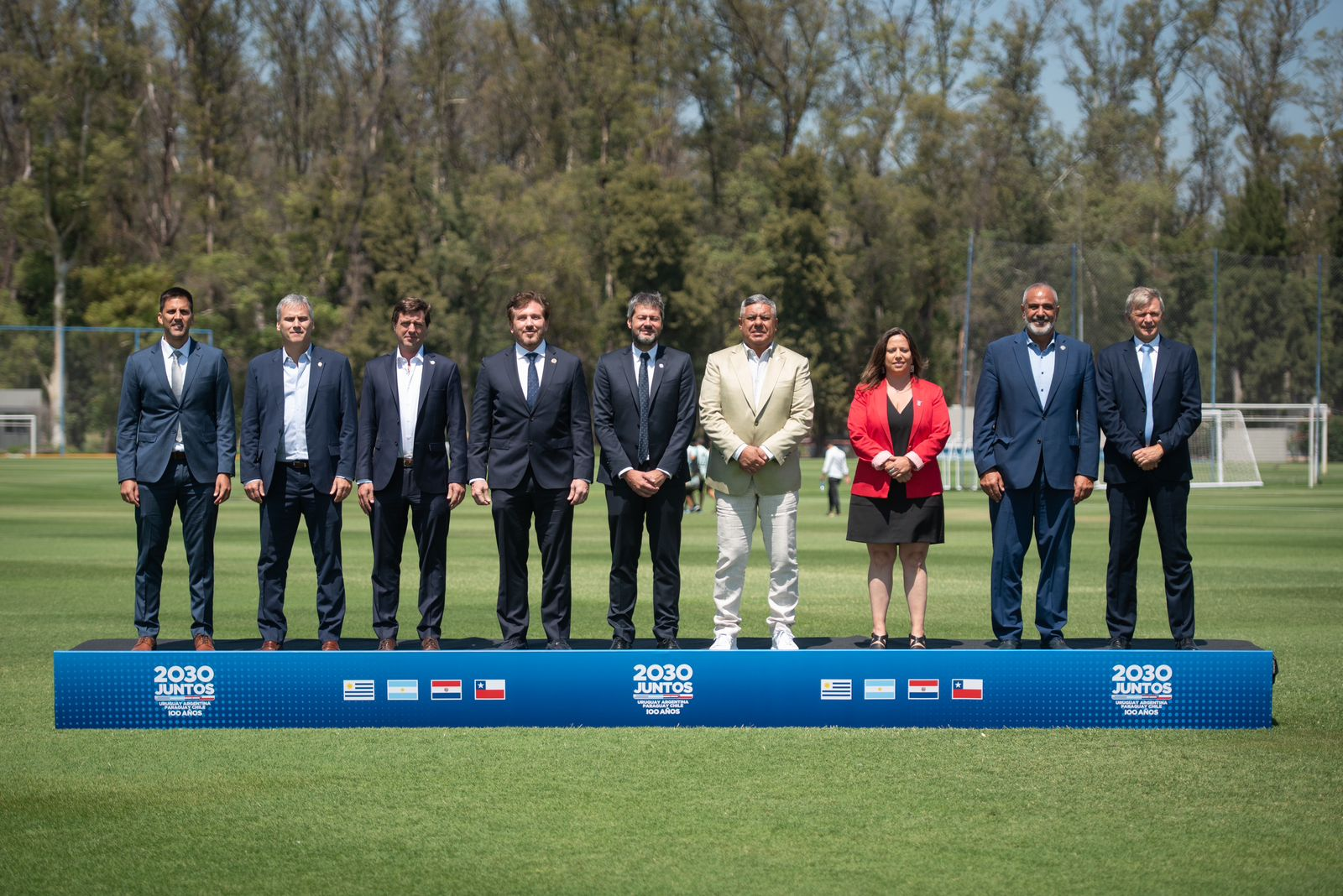The plans for the FIFA 2030 World Cup currently see Morocco, Spain, and Portugal as hosts, with initial games being held in Uruguay, Argentina and Paraguay to commemoratethe centenary of the competition. Those countries will also automatically qualify.

Climate activists say that this will create an enormous carbon footprint due to the extra travel involved. Freddie Daley, researcher for Global Economy Policy at the University of Sussex gives his view:
“A World Cup of this size and scale will involve a lot of air travel, a lot of fan travel, a lot of athlete travel and I am very unsure whether FIFA will be able to deliver this in a sustainable and climate-friendly way.”
FIFA have given assurances that every effort will be made to make the competition as environmentally friendly as possible. On their website, they state:
“FIFA will take all required measures to mitigate the environmental impact of the FIFA World Cup. From a sustainability point of view, it’s also worth mentioning that only one bid significantly reduces travel about site inspection visits and other meetings.”
Is this an example of greenwashing?
Despite the assurances from FIFA, critics point to the last World Cup, held in Qatar, in which similar claims were made, but not proven.
Ahead of the 2022 tournament, FIFA said it would be the first “fully carbon-neutral World Cup.”
However, advertising regulator Swiss Fairness Commission (SLK) alleges that these claims were not backed up and that FIFA had “made false statements.”
“FIFA was not able to provide proof that the claims were accurate during the proceedings,” they said. “The SLK has advised FIFA to refrain from making unsubstantiated claims in the future. Particularly the claim that the 2022 FIFA World Cup in Qatar was climate- or carbon-neutral.”
The environmental impact of the World Cup being held in Qatar also drew criticism due to factors such as air conditioning in huge open-air stadiums, hundreds of international flights, and vast amounts of lighting. Far from being carbon zero, it has been estimated that the Qatar World Cup generated 10 million tons of carbon dioxide – equivalent to the annual carbon emissions of Jamaica.
Related Articles: Is Formula 1 Pushing the Planet to Its Finish Line? | How Green Are England’s Top Football Clubs? | Reshaping Western Sports: The Gulf Region’s Influence on the Global Arena | Snow Thieves: How Fossil Fuel Companies Sponsor the Very Sport They Are Killing
However, attempts to reduce the environmental impact of the tournament were made, with several initiatives such as offsetting ticketholder’s flight emissions, along with several other schemes such as electric mobility for public transport around the tournament structures.
It is estimated that the previous World Cup had an overall carbon footprint of 3.6 million tonnes. The decision to hold the FIFA 2030 World Cup in six different countries means that those taking part might have to fly more than 5,000 miles between group games.
However, it does seem that FIFA is making efforts to ensure that the 2030 World Cup overall is more sustainable. Officially, FIFA has committed to reducing its carbon emissions by 50% by 2030 and to reaching net zero by 2040 in alignment with the Paris Agreement.
On its website, the organisation outlines its efforts: “Over the past decade, FIFA has continued to strengthen its requirements and programmes related to environmental protection, encompassing issues such as climate change, waste management, recycling, sustainable construction and procurement.”
The fact remains that multiplying one venue by six, as this FIFA 2030 World Cup is set out to do means that — on average — the overall carbon footprint of one event, 3.6 million tons, would need to be multiplied by six, totaling a whopping 21.6 million tons of carbon dioxide poured into the world’s atmosphere. That’s equivalent to the yearly carbon emissions of…two Jamaicas. Small wonder climate activists are worried.
Editor’s Note: The opinions expressed here by the authors are their own, not those of Impakter.com — In the Featured Photo: World Cup Opening Ceremony in Doha, Qatar, November 21, 2022. Featured Photo Credit: Rawpixel.









